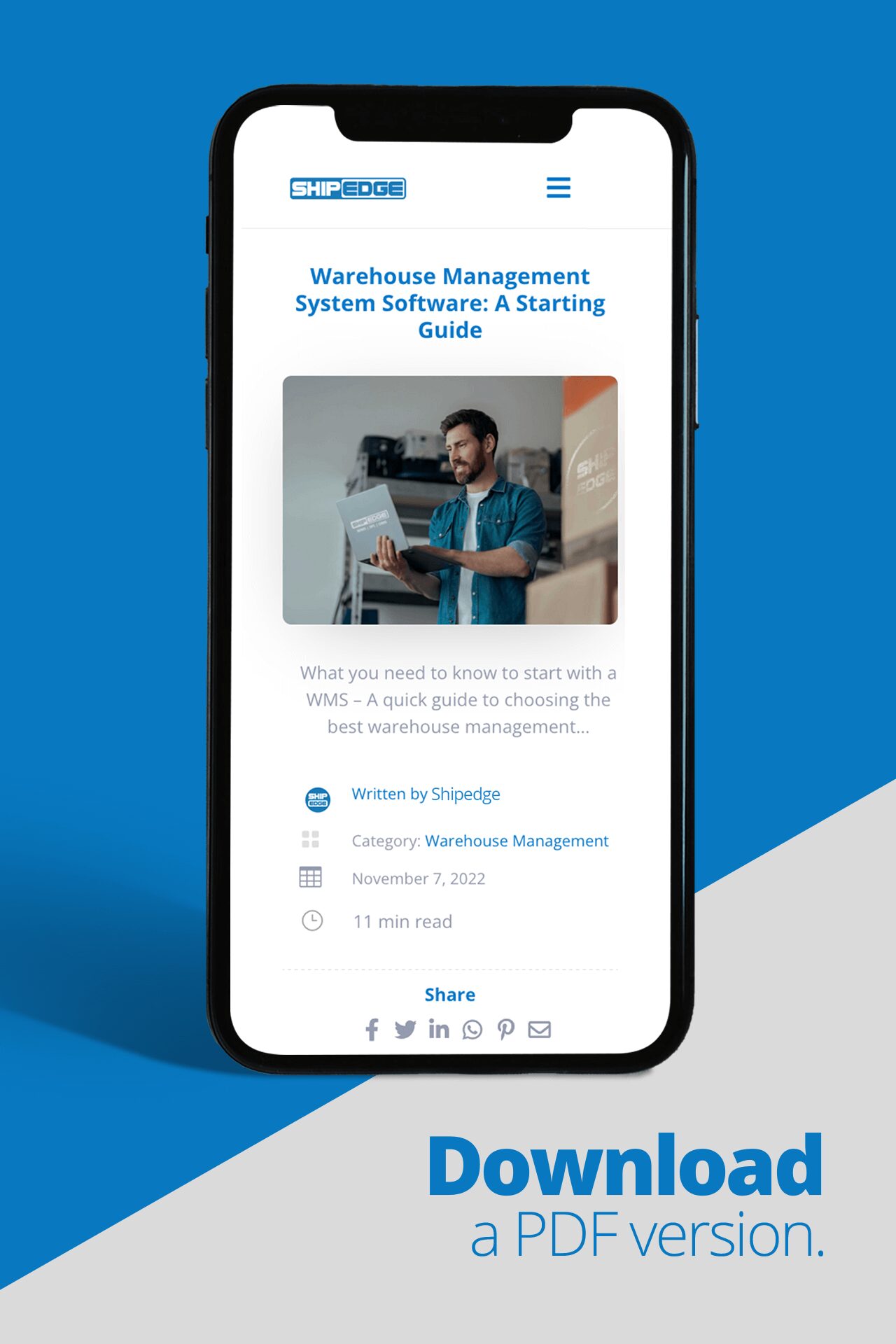Thousands of apps and software solutions can be overwhelming.
In the business community, if you become too overwhelmed trying to find the perfect solution, you can slow your productivity to a screeching halt.
Here are some ideas to simplify your business and improve your productivity:
1. Email & Calendar
There are really only two to consider as far as we’re concerned. One is Microsoft’s Office 365 which has great Skype and Office integration. The other is Google Apps for Business. Setting up either one can be a bit of a turnoff for anyone who isn’t terribly computer-savvy but it’s worth the few minutes it will take for you to figure it out. It might be wise to call your hosting provider and ask them to help you out: most will be happy to do so.
The price is the same for startups at $5/mo. per user and the difference in storage shouldn’t be a factor. So who should you go with? Really, whichever you like better. If you’re a big Microsoft product user, maybe go with Office 365. If you’re a Google fan, go with Google. Really, it’s that simple.
Both have a ton of available integrations and a great user interface. Google has a slight edge for their simplicity and Microsoft gets a slight edge for their Office integration, which makes cloud editing much easier than on Google Apps. I could go on and on, but the choice here is yours. Just make sure you use one of the two, right?
2. Social Media
Social media is obviously something that you shouldn’t ignore. In fact, Facebook switches back and forth with Google for the number one most-visited website on the internet (according to Alexa). Add Twitter, Linkedin, Google Plus and Pinterest to the mix, and your day is shot posting to your multiple accounts. The solution: a social media sharing app that combines your accounts into a single interface. This enables connectivity to any channel you want, and you only post the message once.
While there are many from which to choose, Buffer is the winner here. Alternatively there are fans of Hootsuite, Buffer’s closest competitor, and one favored by many media professionals. But with its complex interface and the “University” that teaches you how to use the system through a course, your time may be better spent elsewhere. Buffer can be connected in seconds and learned in just minutes. What’s more, if you run your website with WordPress, Buffer can be used in conjunction with your posts so you don’t miss anything.
3. CRM (Customer Relationship Management)
There are two here that we would consider. The first, is Apptivo. It’s simple, speedy and has many functions that will help the majority of small business owners. There are really too many features to list, making it sound almost too good to be true considering that it’s free. You can upgrade and get better Google integration, but if you don’t need that then you can stick with the free version which still has full support.
Another awesome CRM tool out there is Salesforce. If you’re a salesperson at heart then this will feel good for you. If you’re new to the terminology involved in the sales process, Salesforce can still work, but it might be too much for you to start with. One thing we like is that it has a built-in collaboration tool, Chatter.
So our choice for the startup is Apptivo. You just can’t beat the value. Honorable mention: Pipedrive

4. Note
Do not use sticky notes. They will clutter your workspace and they’re easy to lose. This might be hard for a lot of you who are so used to them, I get it. But logically, they’re not the best solution. Instead, look to an online tool that works with your existing devices. You’ll never lose them and you’re in complete control. The heavy hitters are OneNote, Google Keep, and Evernote. Google Keep is the likely victor here because of its integration with Google Drive and, well, it’s free. Evernote is free as well and is very robust. We don’t have any real complaints with Evernote other than that its interface isn’t quite as simple as Keep. But since this article is about simplifying your business for optimum productivity, Google Keep comes out on top. Its simple color coding and the ability to make larger titles comes in handy while prioritizing. What’s more…they kind of look like sticky notes, if you really can’t give up the habit.
5. Bookkeeping
Quickbooks Online is very inexpensive, and while there are plenty of less expensive–and even free alternatives–this one will get the job done with fewer worries. Of all of the things that could go wrong with your business, the one to avoid the most is probably taxes. You want customers knocking on your door, not the IRS. So why would you not invest $20/mo. into properly managing your finances? And who knows, your business might just take off.
6. Newsletter
After having played around with several, Mailchimp is is the victor here. It’s easy to set up, has a simple interface, and if you follow their daily lessons when you first get started you’ll find yourself navigating the plains of Mailchimp with ease. Another major plus is that they’re whitelisted by most servers. Meaning that your emails have a stronger chance of not landing in the recipient’s junk mail folder. Oh, and it’s free. There is that.
So there you have it. Six tools to simplify your business and improve productivity. Are you a fan of any that we mentioned? Or perhaps you’d like to champion the cause of one we’ve not chosen.














0 Comments